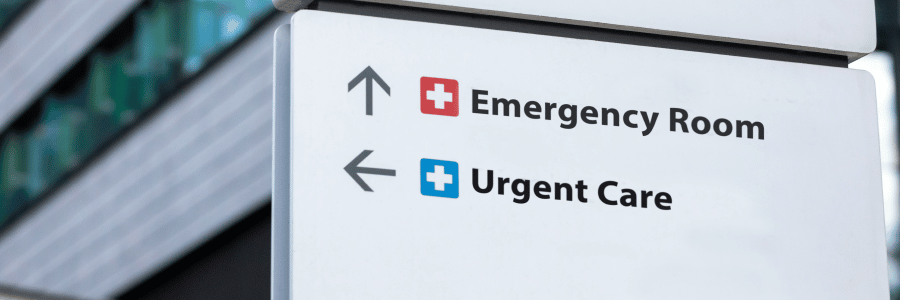Is It Normal To Get Headaches Everyday?
May 16, 2022
No, it’s NOT normal to get headaches everyday
Most people have headaches from time to time. But if you have a headache more days than not, you might have chronic daily headaches, which come in many forms – most of them pretty disabling.
You may be suffering from chronic daily headaches if the headaches occur 15 days or more a month and you have experienced them for at least three months.
In general, there are four kinds of chronic daily headaches. They include:
- Chronic migraine headaches. These can affect one side or both sides of your head, have a throbbing sensation, and cause moderate-to-severe pain. They can also cause nausea, vomiting, or both. People tend to be sensitive to light and sound during these headaches.
- Chronic tension headaches. These tend to affect both sides of your head, cause mild-to-moderate pain, and produce a pain that feels like pressing or tightening but not throbbing.
- New daily persistent headaches. These occur suddenly, usually in people without a history of headaches. They often affect both sides of the head, cause pain that feels like pressing or tightening and produce mild-to-moderate pain.
- Hemicrania continua. These affect only one side of the head, are continuous with no pain-free periods, produce spikes of severe pain, respond to the prescription nonsteroidal anti-inflammatory drug Indocin, and are associated with one or more of the following:
- Tearing or redness of the eye on the affected side of the head.
- Nasal congestion or a runny nose.
- Drooping eyelid or narrowing pupil.
- The sensation of restlessness.
What Causes Chronic Headaches?
No one really knows why some people suffer from this debilitating condition. Conditions that may cause it include:
- Inflammation or other problems with the blood vessels in and around the brain.
- Strokes, in which blood vessels in the brain a blocked, reducing blood flow to the brain.
- Infections, including meningitis.
- High or low intracranial pressure.
- Brain tumors.
- Traumatic brain injury.
- Overuse of pain medication.
How Can You Prevent Chronic Headaches?
While the cause of these headaches is unclear, research suggests that you can do some things to help prevent them – or at least reduce their intensity:
- Avoid headache triggers. Keep track of things that appear to result in headaches, including foods you eat, activities you are doing, and the environment in which the headaches occur. If you can identify your headache triggers, you can try to avoid them.
- Do not overuse medication. Using headache medications more than twice a week can increase the frequency and severity of headaches. If you have been taking medication for a long time, consult a doctor about weaning yourself off. Some medicines cannot be stopped cold turkey.
- Get a good night’s sleep. Most adults need seven to eight hours of sleep a night. It’s best to go to bed and wake up at the same time every day. If you have trouble sleeping, see a doctor.
- Don’t skip meals. Eat healthy meals and avoid food or beverages that seem to trigger headaches. Lose weight if you’re obese.
- Get regular exercise. Physical activity can improve your physical and mental well-being and reduce stress. With your doctor’s OK, choose activities you enjoy, like walking or cycling.
- Reduce stress. Stress is a common trigger of chronic headaches. Try stress-reduction techniques, like yoga, tai chi, or meditation.
- Cut back on caffeine. Some headache medications include caffeine because they can help to reduce headache pain. But it can also aggravate headaches. Try reducing or eliminating caffeine.
When Should You See A Doctor?
Occasional headaches usually require no special medical attention. However, you should consult a doctor if you:
- Consistently have two or more headaches a week.
- Take pain reliever for your headaches on most days.
- Need more than the recommended dose of over-the-counter medicines to relieve headache pain.
- Experience changes in the pattern of your headaches, or they get worse.
- Find the headaches are disabling.
Seek immediate medical care if your headache:
- Is sudden and severe.
- Is accompanied by a fever, stiff neck, confusion, seizure, double vision, weakness, numbness, or difficulty speaking.
- Occurs after a head injury.
- Gets worse after you rest and take pain medication.
Get The Care You Need
If your chronic headache is sudden and severe and associated with one of the symptoms above, you should call 911 and seek immediate medical attention. If you suffer from more common chronic headaches, visit your doctor for advice. If you do not have a doctor, Grady can help. If you need a primary care physician, call us at (404) 616-1000 or make an appointment online. We’ll arrange an appointment at a Primary Care Center near you. Doctors there can treat most conditions and provide access to Grady’s unparalleled medical specialty expertise.

Advertisement



